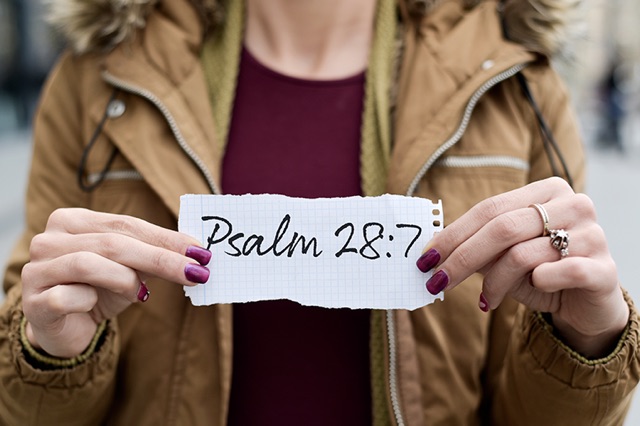And He answered and said, “Have you not read that He who created them from the beginning made them male and female . . . ?” —Matthew 19:4
A while back, some women rallied in Washington, D.C. about advancing and empowering women. Some of the issues they advocated are no-brainers: pay equity for identical jobs, registering women to vote, denouncing sexual harassment, and raising up female candidates for public office. Other issues—cloaked under the mantle of “women’s rights,” aka abortion—are less so. Women who advocate for the right to murder growing children within their wombs do not represent me.
Truth is, as a child of God, I am not empowered by any rights or opportunities the world offers me. I am empowered by my God, who created me in His image to accomplish His purposes. Just as I love because He first loved me, I respect because He first respected me—because, contrary to popular belief, the Bible elevates and empowers women.
In Exodus 1, we meet Shiphrah and Puah, Hebrew midwives who defied Egypt’s king by preserving the lives of newborn Hebrew boys. The Bible also gives us a portrait of Deborah, a courageous prophet, judge and war hero. In the same chapter, it gives us Jael, who drove a tent peg into the head of an enemy of God’s people and got glory above a cowering male soldier.
As the Hebrews prepared to overtake the land God had promised them, we meet Rahab, a prostitute who aligned herself with the Israelites to help them defeat their enemies and claim their land. Rahab earned a mention in the Hall of Faith found in Hebrews 11.
She became the mother of Boaz, who eventually became the husband of Ruth, a model of faithfulness and steadfastness who became the grandmother of King David.
Then there’s Abigail, a woman who bravely righted the wrongs of her wicked husband, Nabal. We also see how God used Queen Esther to intervene on behalf of His people when they faced the threat of genocide.
We can’t forget the resurrected Christ first appeared to women, whose testimony was not valued in that culture. The very fact that Scripture acknowledges this honor went to women has historically been cited as evidence of the Bible’s veracity.
Nor can we overlook Lydia, a businesswoman who became a leader in the early church. Priscilla is another prominent leader in the early church who worked alongside the apostle Paul and, with her husband, Aquila, hosted a home church.
These women are just a few of the worthy role models Scripture offers us. Each one embraced her God-given womanhood, yet not one of them could be called weak or hopelessly dependent on a man. No, they were hopefully dependent upon God.
Biblical womanhood does call us to have gentle and quiet spirits—spirits that are at peace in and with Christ—but not to be doormats. We are, after all, co-heirs with Christ, daughters of the Most High God, who will reign with Him if we endure. And that is a position of strength if I ever heard one.
The Lord is my strength and my shield; my heart trusts in Him, and He helps me. My heart leaps for joy, and with a song, I praise Him.—Psalm 28:7



You must log in to post a comment.